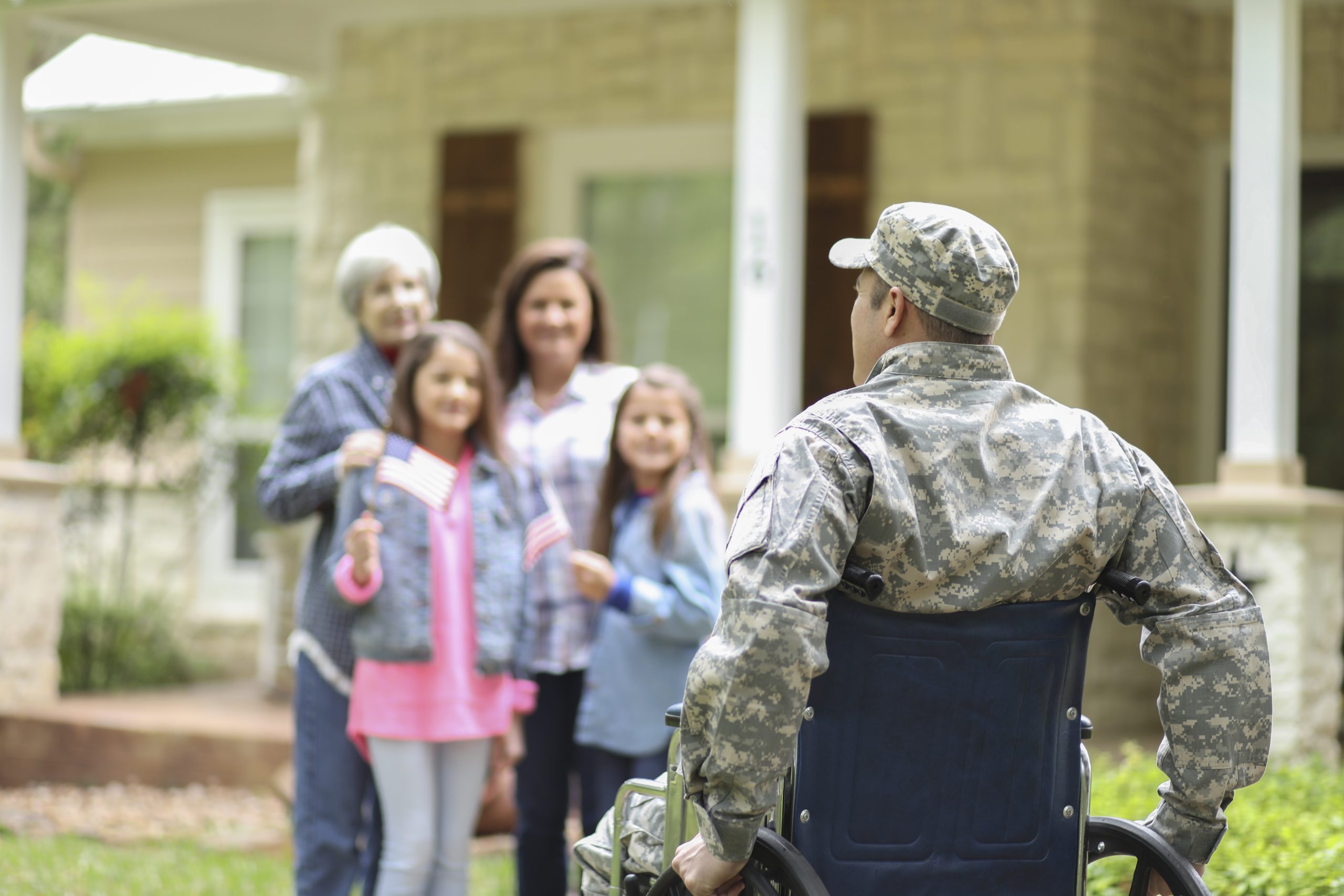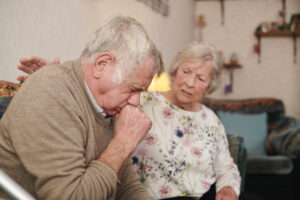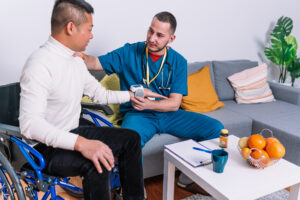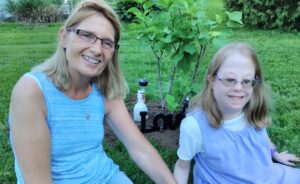In recent years, the Veterans Health Administration has improved access to care for military veterans by opening up more care options.
Because of the way U.S. veteran healthcare had been historically designed, there was a gap in care options for patients who needed skilled hourly nursing. Leaders at Maxim Healthcare Services advocated for this hourly skilled care model by bringing education and awareness to leaders in the Department of Veterans Affairs.
“These conversations helped to spark an interest to develop new models for care delivery,” says Paul Davis, National Director of Government Services and Strategic Solutions at Maxim Healthcare. “We are working with the VA to raise awareness of how veterans can benefit from a higher-acuity care model.”
What is “private-duty” nursing?
Private duty nursing is how Maxim refers to one-on-one hourly skilled care services. Hourly skilled nursing care is provided by a registered nurse (RN) or licensed practical nurse (LPN) to individuals who are chronically ill or injured. This includes people with a diagnosis that requires them to have medical equipment, such as a tracheostomy, ventilator, feeding tube and other needs that require constant evaluation by a trained healthcare professional.
For example, amyotrophic lateral sclerosis (ALS), also known as Lou Gehrig’s disease, is a debilitating diagnosis with few treatments and no cure. The need for care is progressive and ongoing. A person with ALS disease may require tools and devices such as a breathing tube, feeding tube and a computerized voice synthesizer.
ALS is what’s known as a service-connected disability and receives 100 percent of funding for VA benefits. Military veterans are up to two times as likely to be diagnosed with ALS as the general public.
At-home skilled hourly care for injured veterans
There are a lot of veterans receiving care as residents in skilled nursing homes who can safely be cared for in their own homes, if they prefer. Here are some injuries and conditions that typically merit at-home, private duty nursing care:
- Spinal cord injury
- Traumatic brain injury
- Spina bifida
- Post-traumatic stress syndrome
- Polytrauma
- ALS / Lou Gehrig’s disease
Better at home
Maxim was successful in showing that the VA could reduce care costs by offering an at-home skilled care model rather than a skilled nursing facility model.
“There is evidence that patients tend to do better and make more progress in their own home in an environment that they’re more familiar with,” says Davis. “Patients seem to be happier surrounded by their families.”
Veterans looking out for each other
Davis served in the U.S. Coast Guard. As a veteran himself, he views his work with Maxim of connecting patients with quality healthcare as simply an extension of his military service. Veterans have sacrificed so much of their own lives for the greater good of the American people.
“I cannot go to sleep at night and feel good until I know that we are winning the battle, making sure that veterans who are entitled to benefits for care receive that care, and have the access that Abe Lincoln promised,” says Davis. “This is the sole reason the VA was established over a century ago: to take care of those soldiers who have ‘born the battle,’ and for their families and dependents. It’s our duty to do everything we can to serve those who have served us.”
Veterans: You served us, now let us serve you! Learn more about home healthcare for military veterans.



